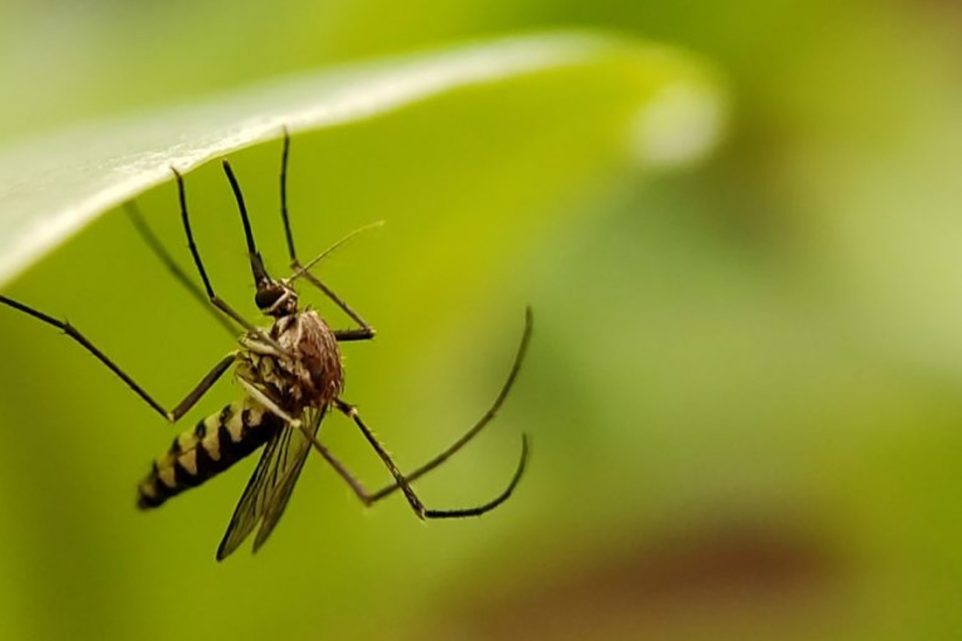How Long Do Mosquitoes Live? A Guide for NC Mosquito Season

With the advent of spring and summer in North Carolina, mosquito season emerges, bringing with it itchy and painful mosquito bites as well as the risk of diseases. That’s why it is crucial to understand the mosquito life cycle and how to protect yourself from these bothersome pests.
In this blog post, we’ll answer the question, “How long do mosquitoes live?” We’ll cover the different stages of the mosquito life cycle and the factors that can affect its lifespan. Additionally, we’ll discuss mosquito-related diseases to be aware of and provide useful tips and tricks to help keep your home and yard mosquito-free. So, without further ado, let’s get started on how to safeguard yourself from mosquitoes during NC mosquito season.
Mosquito Life Cycle
Mosquitoes have a typical lifespan of 2-3 weeks, although this time frame may vary depending on environmental factors. The life cycle of a mosquito begins with the female laying eggs in stagnant water, after which the eggs hatch into larvae within two days. From larvae, they enter the pupa stage, followed by the adult stage a week later, and then the process repeats itself with the adult females laying more eggs.
Factors That Affect Mosquito LifeSpan
Determining the lifespan of a mosquito involves considering various factors such as temperature, humidity, mosquito type, and local rainfall or standing water. For example, in North Carolina’s hot and humid summers, a mosquito’s lifespan may be reduced. Furthermore, mosquitoes can have varying lifespans depending on the species. Some mosquito species have shorter lifespans, typically around 2-3 weeks, while others can live up to a month or even longer, depending on environmental conditions, available food resources, and other factors specific to each species. When it comes to rainfall or standing water, these factors may extend the mosquito’s lifespan since they provide optimal breeding conditions and facilitate mosquito development from eggs to adults.
Potential Risk of Diseases Carried by Mosquitoes
Mosquitoes are known to spread various infectious diseases, including the West Nile virus, Zika virus, malaria, dengue fever, and chikungunya. They spread these diseases through their bites, as they inject infected saliva into the bloodstream of their human or animal hosts while feeding on their blood. The risk of disease may be increased if there is a large number of mosquitoes present in the area or if you spend an extended amount of time in places with high concentrations of mosquitoes.
Prevention and Control
To help reduce the chances of contracting an infectious disease from a mosquito bite, it’s important to adopt preventive measures. These measures include wearing long-sleeved clothing while outdoors, applying mosquito repellent to exposed skin, and avoiding outdoor activities during peak hours (dusk and dawn). Remove any standing water to effectively reduce mosquito breeding areas near your home or business property. Additionally, consider installing screens on doors or windows or growing mosquito-repellant plants to create an inhospitable environment for these pesky bugs. You can choose plants such as lavender, marigolds, and lemongrass or herbs such as basil or rosemary.
Conclusion
Mosquitoes usually have a lifespan of 2-3 weeks, depending on various environmental factors. Understanding their lifespan is important to ensure you are aware of the disease risks and how to avoid these pests during North Carolina’s mosquito season. Protect yourself by wearing protective clothing, using insect repellent, and eliminating standing water. Furthermore, having an understanding of the mosquito life cycle and the factors that affect it can help protect yourself and your family this summer.